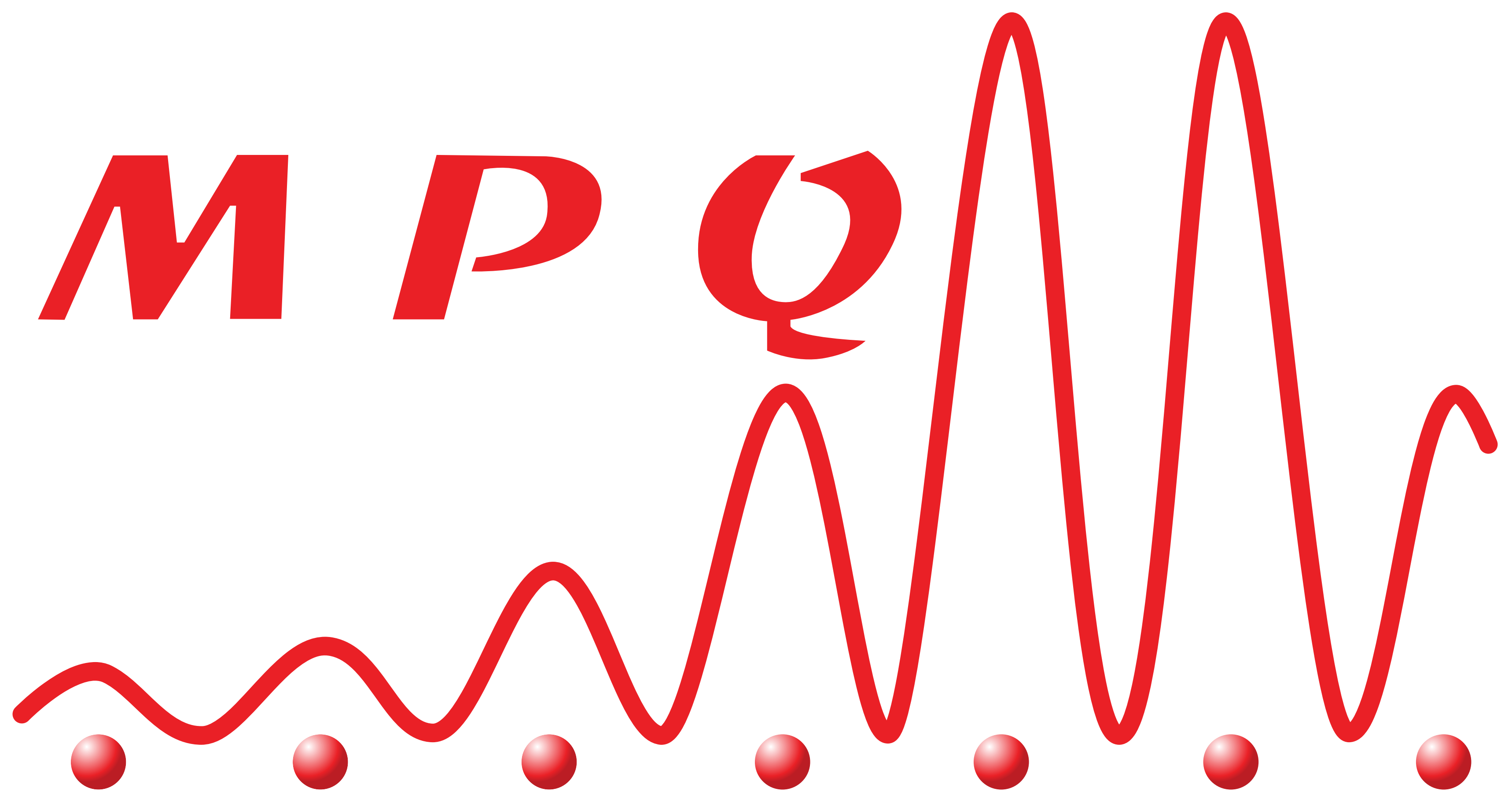Dynamical Coulomb blockade: An all electrical probe of the ultrastrong light-matter coupling regime
Résumé
The regime of ultrastrong light-matter coupling (USC) has attracted considerable interest recently, as it predicts fascinating quantum phenomena such as the presence of virtual photons in the ground state. Here we propose theoretically an approach to probe the quantum correlations in USC systems based on an electrical transport experiment. Namely, we consider the case in which the light-matter coupled system constitutes the electromagnetic environment of an ultrasmall tunnel junction operating in the regime of a dynamical Coulomb blockade (DCB). Unlike optical spectroscopy, such a probe can be seen as a nondemolition measurement of the USC system ground state. We have developed two approaches in order to evaluate the effect of the light-matter coupled states on the tunneling process. The first is a generalized, multimode Peierls substitution for the tunneling Hamiltonian. The second is based on the P ( E ) theory describing a DCB, where the USC system is treated as an equivalent circuit. The two approaches are consistent, whereas the second one enables us explicitly to take into account the presence of dissipation. This study has been performed for the zero-temperature case, which is pertinent for the terahertz spectral range where excitation energies are typically much higher compared to the microwave domain, where DCB was first studied. Published by the American Physical Society 2024
Domaines
Physique Quantique [quant-ph]| Origine | Fichiers éditeurs autorisés sur une archive ouverte |
|---|---|
| licence |


